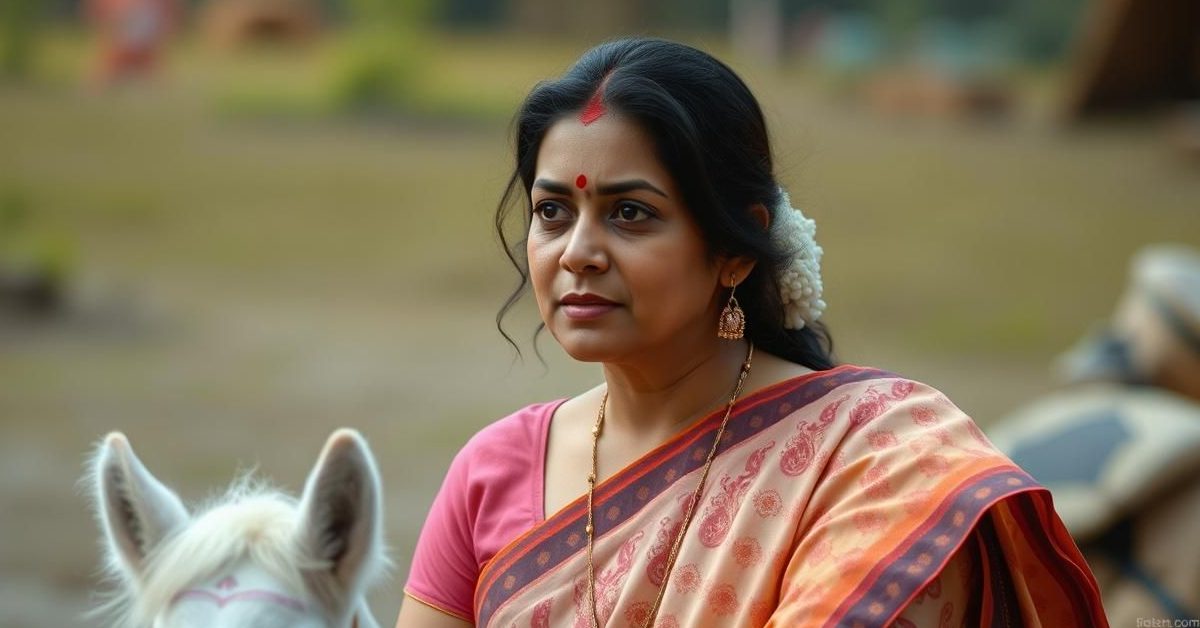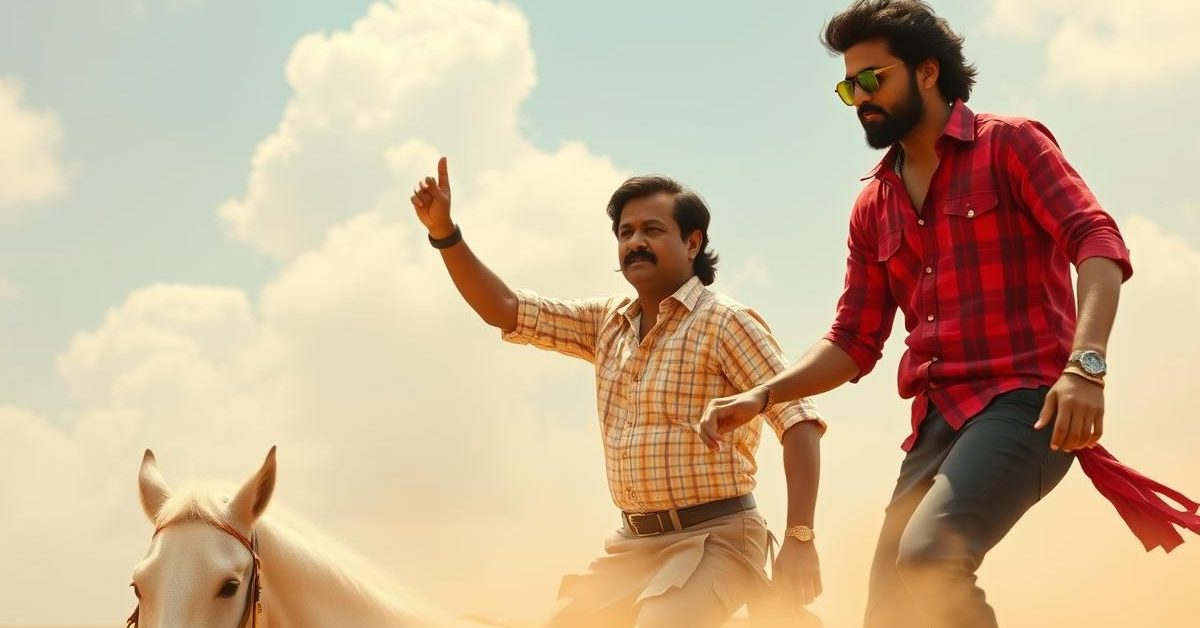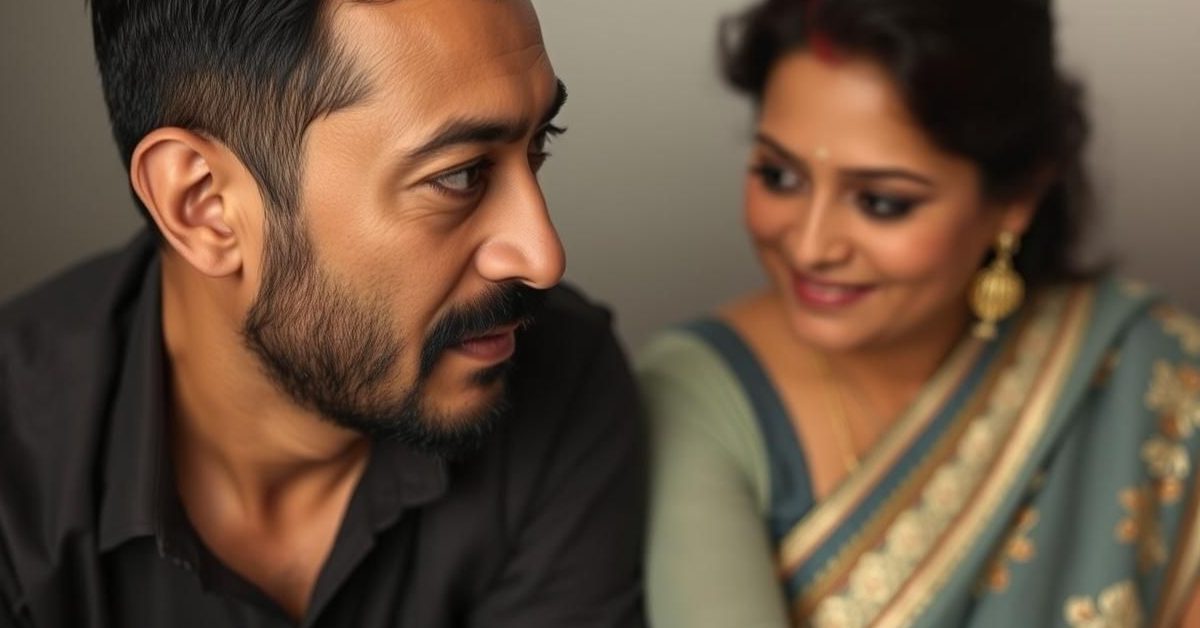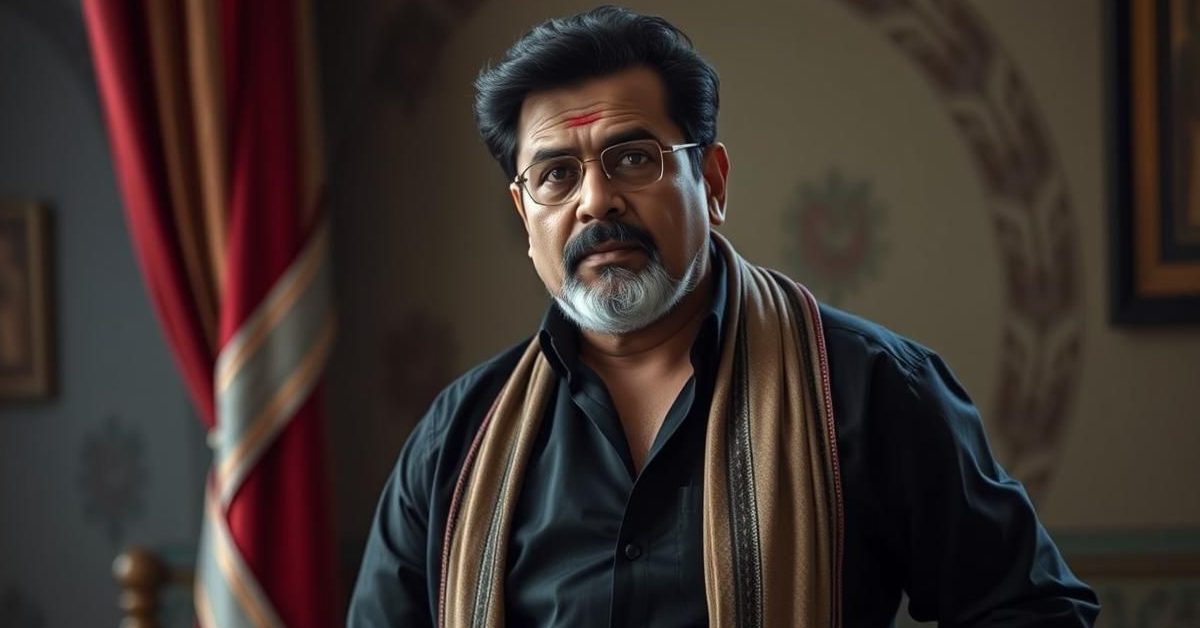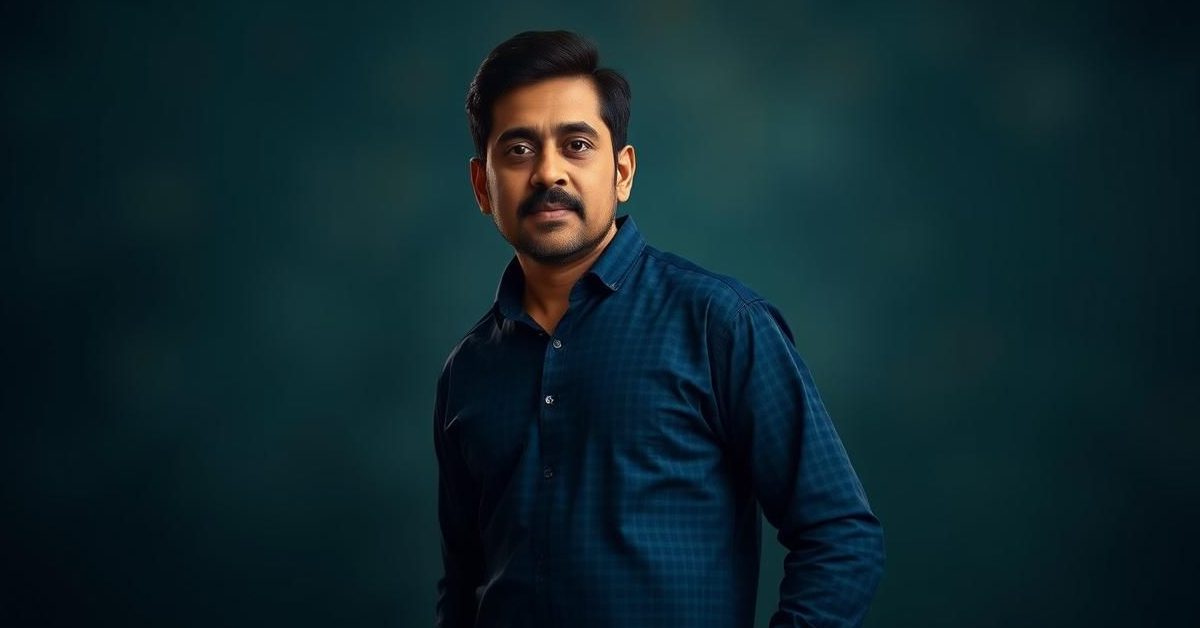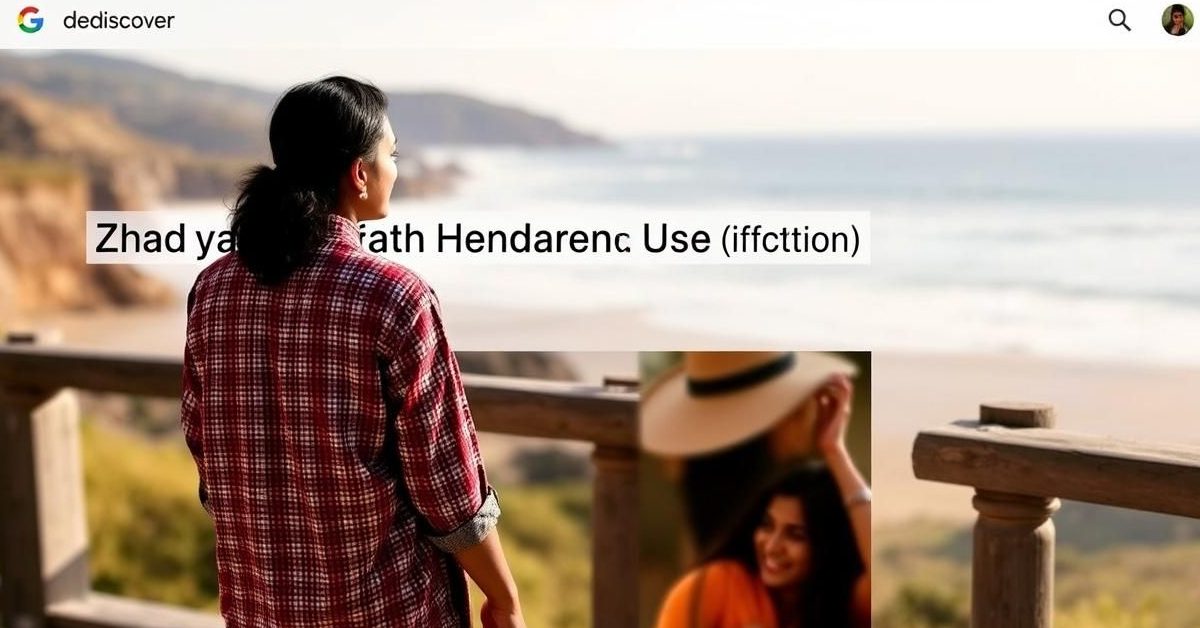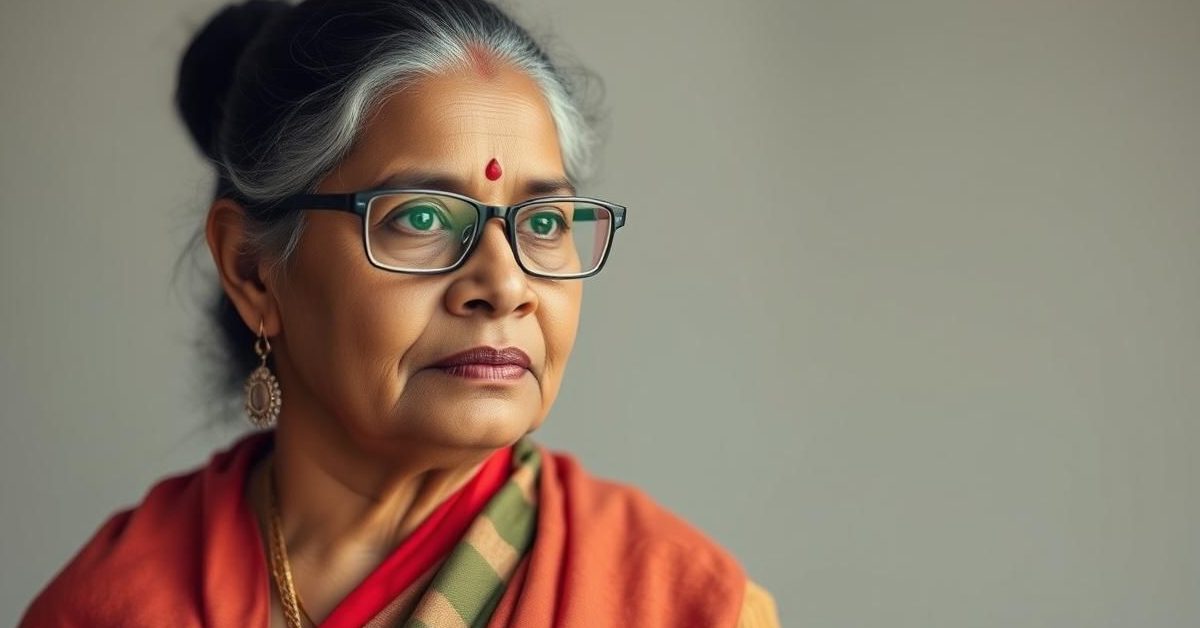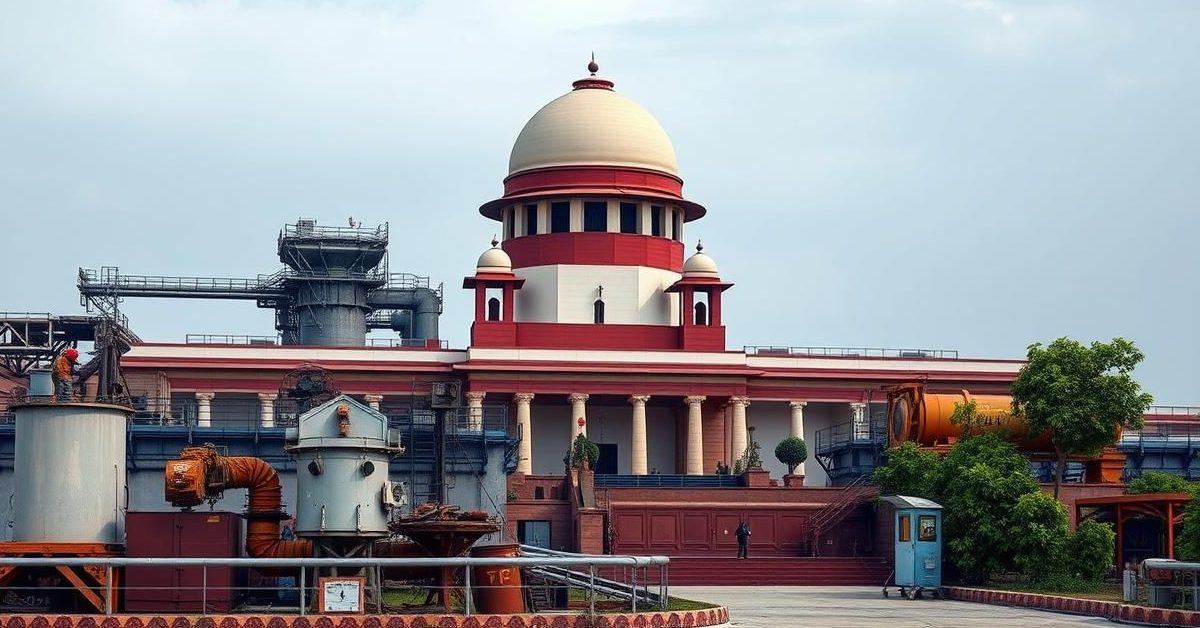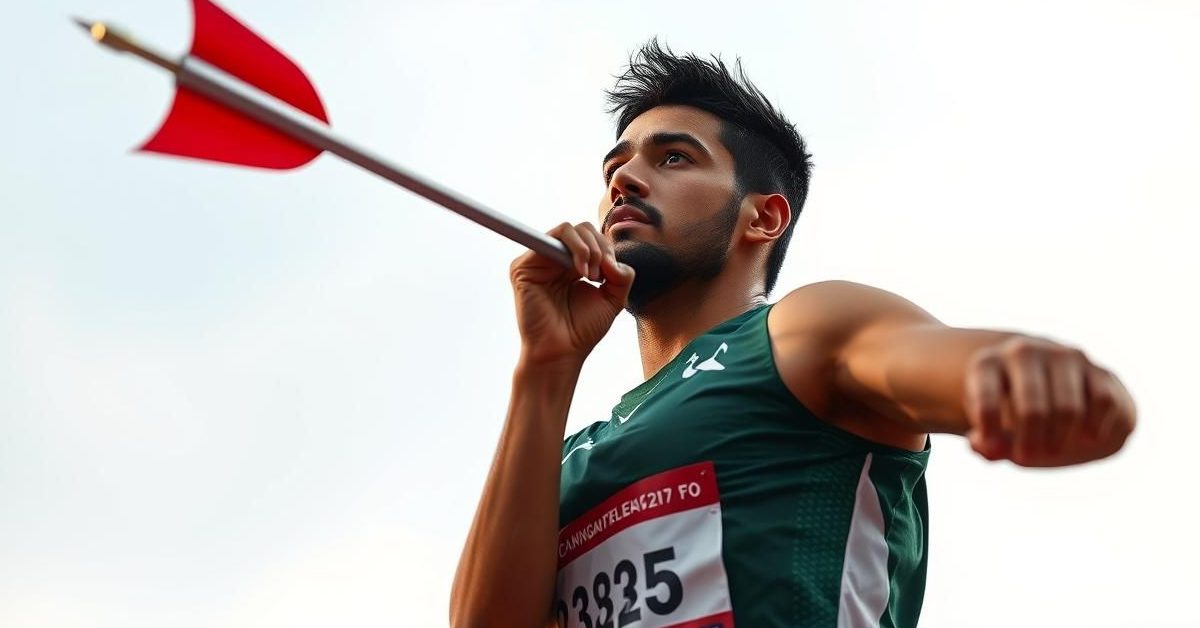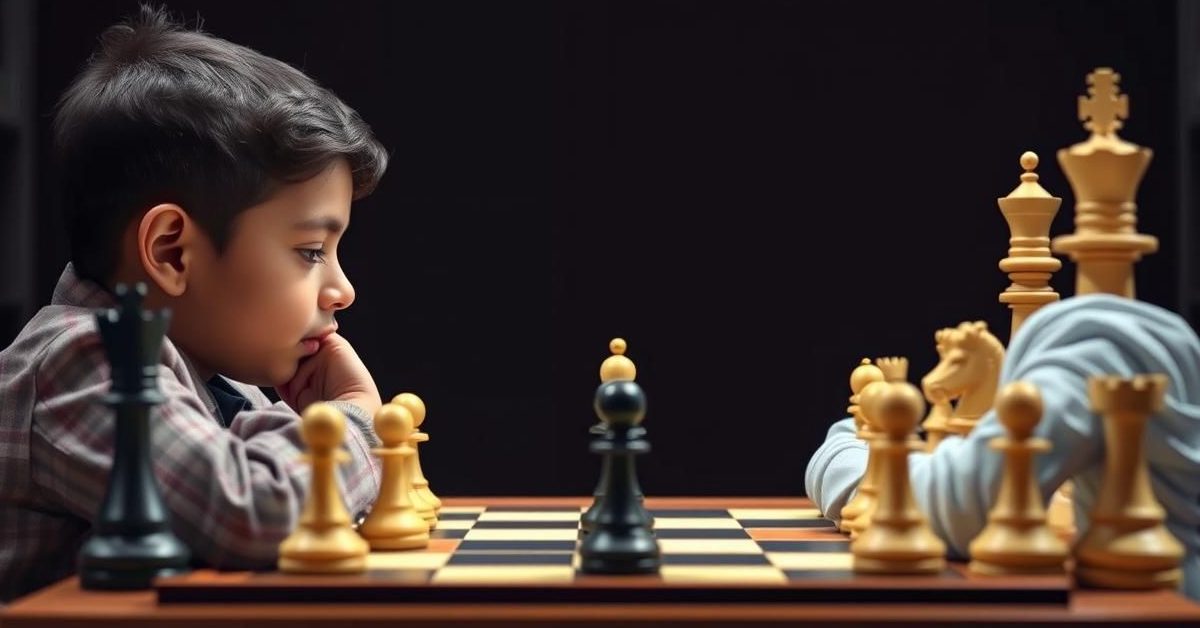The Unspoken Truth: Ridhi Dogra’s Candid Revelation About ‘Jawan’ and Shah Rukh Khan
Actress Ridhi Dogra, a familiar face from her impactful roles on Indian television, recently pulled back the curtain on a fascinating aspect of her cinematic debut in Shah Rukh Khan’s blockbuster, *Jawan*. While her portrayal of Kaveri Amma, the empathetic godmother to SRK’s Azad, resonated deeply with audiences, Dogra’s recent remarks reveal a nuanced desire for a “redemption” film with the superstar. Her candid confession points to an intriguing industry dynamic, particularly concerning the casting of leading ladies in maternal roles, and sparks a conversation about the evolving landscape for actresses in Indian cinema.
Kaveri Amma: A Role Forged by Circumstance?
In Atlee’s grand cinematic spectacle, *Jawan*, Ridhi Dogra etched herself into the audience’s hearts as Kaveri Amma, a maternal figure whose warmth and wisdom provided a grounding presence for the protagonist. The character was widely loved, a testament to Dogra’s innate ability to imbue her roles with genuine emotion. Yet, her recent revelation sheds a surprising light on the genesis of this beloved character. Dogra playfully but pointedly stated her need for “another film with Shah Rukh Khan as a redemption for *Jawan*,” attributing her casting as Kaveri Amma to an industry decision: “They just didn’t want to call Deepika Padukone the mother so I became Kaveri Amma.”
This statement, delivered with Dogra’s characteristic blend of honesty and charm, speaks volumes. It highlights the often-unseen intricacies of character development in commercial cinema, where narrative constraints and star image can significantly influence casting choices. While Deepika Padukone brilliantly portrayed the role of Azad’s biological mother, Aishwarya, in an extended cameo, the perceived reluctance to cast her in a full-fledged “mother” role for the primary narrative seemingly opened the door for Dogra’s memorable turn as the godmother.
Beyond the Screen: Ridhi Dogra’s Journey to Stardom
Before *Jawan* catapulted her onto the grand cinematic stage, Ridhi Dogra had already carved a significant niche for herself in the realm of television and streaming. Known for her powerful performances in critically acclaimed series like *Asur* and *The Married Woman*, Dogra consistently demonstrates an impressive range, effortlessly transitioning between intense psychological thrillers and complex dramas. Her transition to the 70mm screen with *Jawan* was a natural progression, showcasing her undeniable talent to a wider, global audience. Even within the confines of a supporting role, Dogra’s presence in *Jawan* was magnetic, leaving a lasting impression on viewers and critics alike.
The Phenomenon of ‘Jawan’: A Cinematic Tidal Wave
*Jawan*, produced by Red Chillies Entertainment, wasn’t just a film; it was a cultural phenomenon. Directed by Atlee, the movie saw Shah Rukh Khan in a dual role, supported by a powerhouse cast including Nayanthara and Vijay Sethupathi. It shattered box office records, becoming one of the highest-grossing Indian films of all time and cementing SRK’s triumphant return to the big screen. The film’s blend of high-octane action, social commentary, and emotional depth resonated universally. Being a part of such a monumental success is undoubtedly a career highlight for any actor, and Ridhi Dogra’s contribution, however she perceives its limitations, was integral to its emotional core.
The Quest for ‘Redemption’: A Deeper Artistic Aspiration
For Ridhi Dogra, this quest for “redemption” isn’t about diminishing her *Jawan* experience, but rather a heartfelt desire to showcase the full breadth of her acting prowess. It’s a yearning for a role that allows her to explore more complex, perhaps less archetypal, dimensions alongside a superstar like Shah Rukh Khan. An actor of her caliber thrives on challenge and depth, and her statement subtly suggests a longing for a character that pushes her boundaries further, allowing her to stand shoulder-to-shoulder with one of the industry’s titans in a more central or nuanced capacity. It speaks to the inherent drive of artists to continuously evolve and seek out roles that truly challenge and fulfill them.
Shifting Tides: Actresses and Evolving Roles in Bollywood
Ridhi’s candidness resonates with a larger, ongoing discourse within the Indian film industry about the evolving portrayal of women. For decades, leading actresses often faced limitations once they reached a certain age or life stage, frequently relegated to “mother” or “supportive wife” roles. While this landscape is slowly but surely changing, with more diverse and powerful female characters emerging, Dogra’s comment is a poignant reminder of the persistent challenges. Actresses today, like Dogra, are actively seeking multi-dimensional roles that celebrate their talent, maturity, and versatility, rather than confining them to traditional molds.
A Future Collaboration: What Could It Be?
The thought of a second collaboration between Ridhi Dogra and Shah Rukh Khan is undeniably exciting. Imagine Dogra in a role that allows her to be a formidable antagonist, a complex romantic interest, or a pivotal character driving a parallel narrative. Such a project would not only fulfill her “redemption” wish but also delight fans who witnessed her impressive presence in *Jawan*. It would be a testament to the industry’s willingness to cast talent based purely on merit and creative potential, rather than predefined age or familial roles.
Ridhi Dogra’s candid reflection serves as a powerful reminder that even in the brightest spotlight of a blockbuster, artists harbor deeper aspirations. Her desire for a “redemption” film with Shah Rukh Khan is not a critique, but an honest expression of an actor’s yearning for greater artistic fulfillment and a spotlight on the subtle biases that still shape character development in Indian cinema. Her journey continues to inspire, promising audiences even more compelling performances in the years to come.
